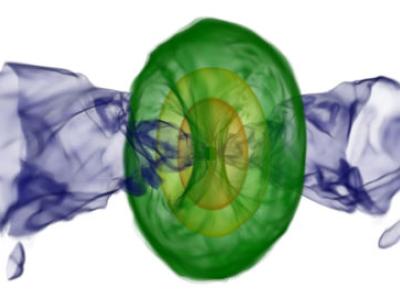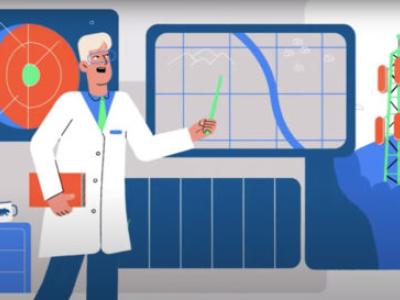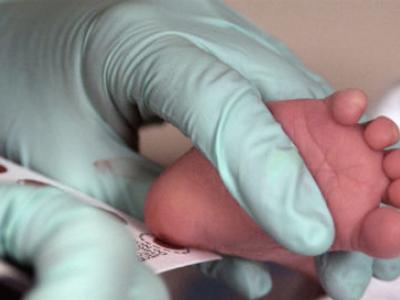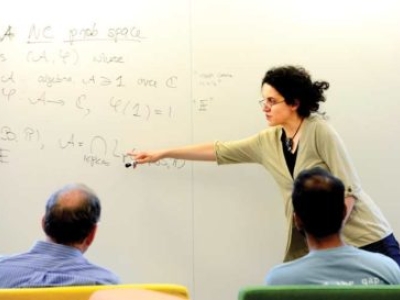With over 170,000 COVID-19 deaths to date, and 1,000 more each day, America’s life expectancy may appear to be plummeting. But in estimating the magnitude of the pandemic, UC Berkeley demographers have found that COVID-19 is likely to shorten the average U.S. lifespan in 2020 by only about a year.
Research News
Learn more about UC Berkeley's researchers and innovators.
Showing 1201 - 1216 of 3459 Results
The end of affirmative action at California universities 22 years ago had a significant negative impact on Black and Latinx students, forcing many out of the University of California system and reducing their later earnings, according to a new study from the Center for the Study of Higher Education (CSHE) at UC Berkeley.
The COVID-19 pandemic appears to be driving dramatic increases in depression and anxiety among college students, with more than a third reporting significant mental health challenges, according to a new survey co-led by the University of California, Berkeley, Center for the Study of Higher Education (CSHE).
The National Science Foundation (NSF) has awarded UC Berkeley $10.9 million over five years to expand research on the exotic state of matter inside neutron stars — the dense remains of exploded stars — and what can be learned from the growing number of gravitational wave detectors now listening for the spacetime vibrations generated by the violent merger of two neutron stars.
From the four-foot-tall emperor penguin to the aptly named foot-long little penguin, these unique flightless birds have invaded habitats from Antarctica to the equator, not to mention the hearts of the public.
Past discriminatory housing practices may play a role in perpetuating the significant disparities in infant and maternal health faced by people of color in the U.S., suggests a new study by researchers at the University of California, Berkeley.
Racial and socioeconomic inequality is not only harmful to humans, but is also impacting the biodiversity and ecological health of plants and animals in our cities, according to a new review paperpublished online today (Thursday, August 13) in the journal Science.
With tensions continuing to flare across the U.S. after the police killing of George Floyd, California voters are broadly worried about race relations and support reforms to reduce police violence, says a new poll from UC Berkeley’s Institute for Governmental Studies (IGS).
Women are more likely than men to suffer adverse side effects of medications because drug dosages have historically been based on clinical trials conducted on men, suggests new research from UC Berkeley and the University of Chicago.
A UC Berkeley idea to crowdsource every cellphone on the planet to create a global seismic network has been adapted by Google and incorporated into the Android operating system, kicking off an effort to build the world’s largest network of earthquake detectors.
Many adults seek genetic counseling, or opt to send samples of their saliva to companies like 23andMe, to find out if the specific patterns in their DNA may put them at higher risk for developing disease. But many doctors and scientists — including National Institutes of Health Director Francis Collins — have predicted that, one day, genetic screening will be a routine health check performed on all newborn babies.
Artificial molecules could one day form the information unit of a new type of computer or be the basis for programmable substances. The information would be encoded in the spatial arrangement of the individual atoms – similar to how the sequence of base pairs determines the information content of DNA, or sequences of zeros and ones form the memory of computers.
The racial justice and environmental justice movements have functioned independently for far too long, according to three UC Berkeley scholars.
The dwarf planet Ceres, the largest object in our Solar System’s main asteroid belt, once harbored a global subsurface ocean that likely froze solid long ago. Today, if any liquid water — a key requisite for habitability — still exists on Ceres, a good place to look for it is beneath the youngest of its large impact craters.
The Simons Foundation has ensured a second decade of research and innovation for the Simons Institute for the Theory of Computing, based at UC Berkeley, through a $35.5 million grant. The grant, which will begin in 2022, after the conclusion of the Simons Institute's first 10 years, will support the Simons Institute's mission and activities through June 2032.
A new research center funded by the National Science Foundation aims to advance methods for storing and preserving biological cells and tissues, work that could benefit biomedical research and dramatically expand organ transplant networks.
















